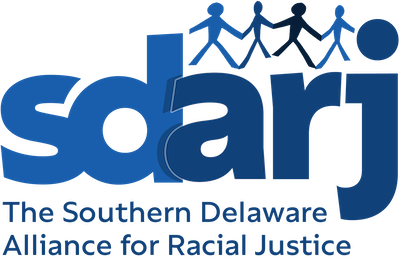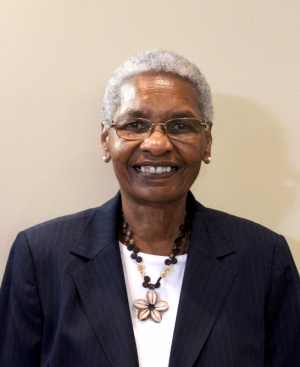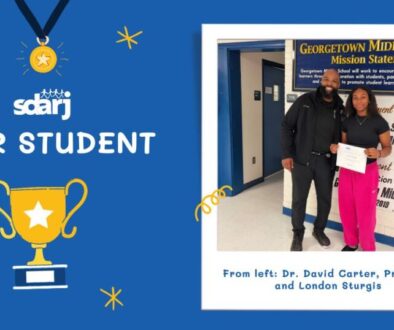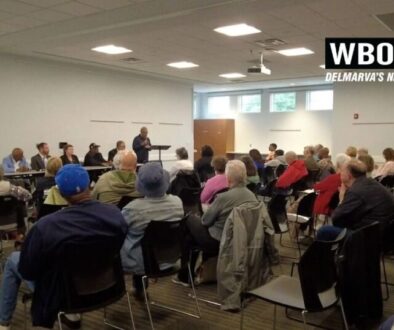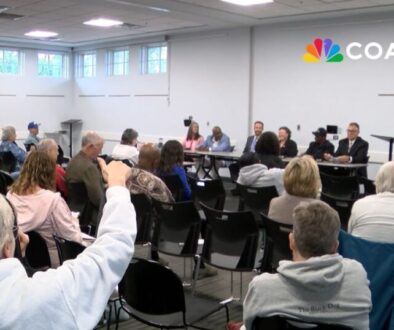Why African-Americans should form purposeful and enlightening relations with white people
The Cape Gazette
I want to share with you what I learned by participating in seven Dialogue to Action meetings that took place Sept. 25 to Oct. 30, and Nov. 16 in Georgetown and Lewes. The sessions focused on understanding racism (primarily anti-Black) and inequality, and identifying strategies to undertake in order to effectively break down these two pernicious social problems.
My group, including the two facilitators, was composed of 10 extremely sensitive, intuitive and astute individuals. Of the 10 (attended all meetings), four were African-American and six were white.
This experience represented one of many forays on my part into interracial groups where the aim was for African-Americans and white individuals to, among other things, openly and honestly describe their experiences with racism and disclose their inner- most feelings about their status in American society within the milieu of racial oppression.
The Dialogue to Action curriculum is designed with the expectation that white participants also talk about being white in a society where white Americans continue to have the upper hand in terms of privilege, class, social status and power.
Early on, I always entered these groups with the assumption that I and other African-American group members would be the most engaging participants. That is, forthrightly sharing what being Black in America means economically, psychologically and physically; teaching the white group members the history of racism in America, especially facts that are often ignored; explaining the ways the legacy of racism is still apparent in all of America’s present-day institutions; and clarifying white people’s particular responsibility for eradicating racism.
I can attest to the wide perception on the part of African-Americans that the participation of whites historically is limited and even superficial.
But, as my experiences with these kinds of groups increase, I am pleasantly discovering that there are more white folks who “get it.” By this I mean, they understand the personal introspection that is required to form genuine relationships with individuals whose life experiences, due to racism, racial prejudice and discrimination, are dramatically different from their own life experiences.
In addition, I am regularly observing that the White individuals to whom I am referring understand the significance of empathy in genuine relationships that are honestly about achieving social justice. Moreover, these individuals demonstrated that they understand that relationships also include ongoing dialogue and trust, and that these elements, in addition to empathy, are necessary for effective alliances between diverse groups, if social justice for African-Americans is the desired outcome.
Accordingly, for example, the White individuals in my group honestly talked about white privilege and the innate advantages they derive from it. In other cases, some white members came to realize how isolation in their various white worlds prevented them from experiencing, thinking about and understanding the depth and breadth of racism’s impact.
Furthermore, these individuals professed their commitment to saying “No” to racism in various concrete ways. These include pledging to, among other things, talking with their White neighbors about racism and placing an emphasis on gaining the presence of groups that are typically absent in meetings whose purpose is to mobilize the community to confront racism.
Because of my recent experiences with interracial race-focused discussion groups, I am developing more primary relationships with white people and they with me. Occasions to get together at each other’s homes and/or for lunch on the east and west ends of Sussex County are on calendars.
I wrote this piece to encourage African-Americans to think twice about automatically making the decision to stay away from interracial groups whose purpose is to discuss racism because of past experiences where white group members did not engage.
The individuals in my group indicate that there are white Americans who are indeed developing a “white perspective” regarding racism. This includes gaining self-awareness about the way racism and prejudice influence one’s well-intentioned desire to combat racism, forming relationships with African-Americans that are grounded on empathy, trust and respect, and joining with African-Americans in diverse communities throughout Sussex County to dismantle racism eventually in all sectors of American society.
One final point: It is my sincere hope and belief that participating in Dialogue to Action type programs will lead to other initiatives with a greater participation of like-minded White and African-American citizens.
“Alone we can do so little; Together we can do so much”
Helen Keller
Dr. Marlene A Saunders is a lifelong resident of Delaware, having lived in Wilmington until graduating from P.S. DuPont in 1963. From childhood to her adult years, she spent the summers in Bridgeville, where she has resided fulltime since 1990. Saunders earned her degree in sociology at Delaware State University in 1963. She completed her graduate education at the University of Pennsylvania where she earned both MSW and DSW degrees in Social Work in 1972 and 2001, respectively.
Her nearly 50-year career as a social worker has included direct practice in child welfare, aging and community organization in Delaware and Philadelphia, Pa. She was a member of the faculty at Delaware State University for 29 years until retiring in 2014. At that time, she was the chair of the Social Work Department. Currently, Saunders is vice chair of the 35th Representative District, Sussex County Democratic Committee and is a member of the Planning and Zoning Commission for the City of Bridgeville.

